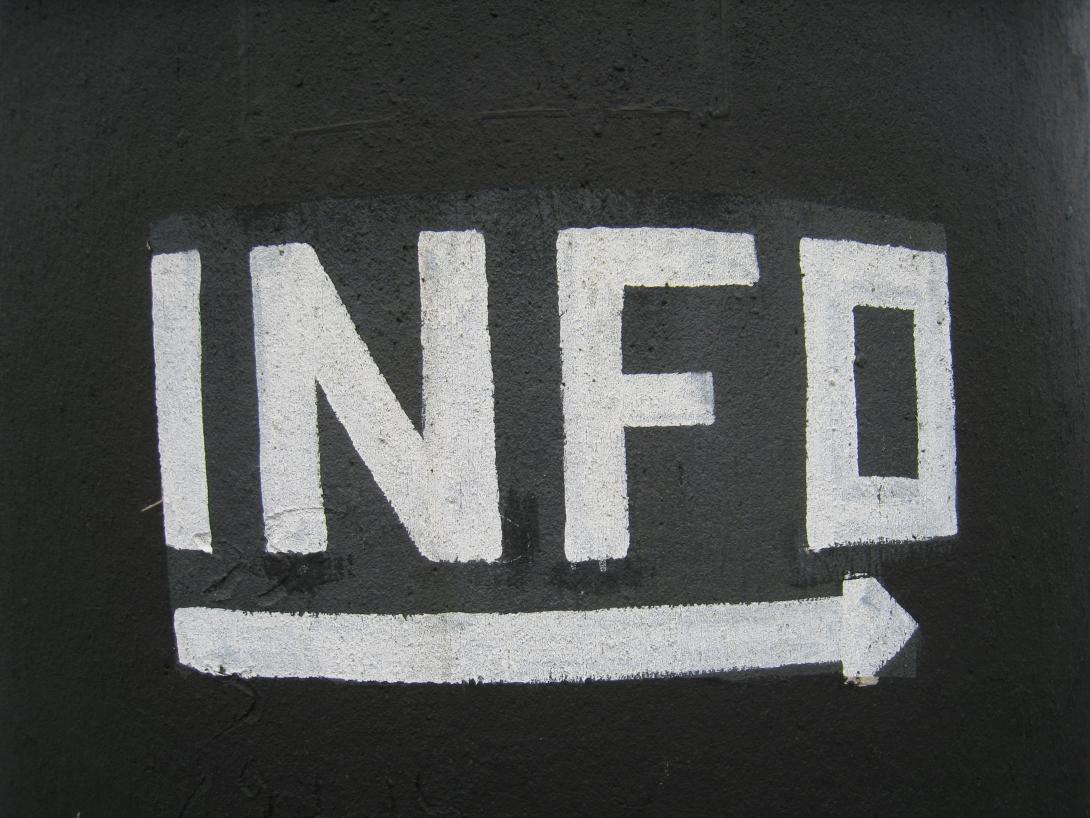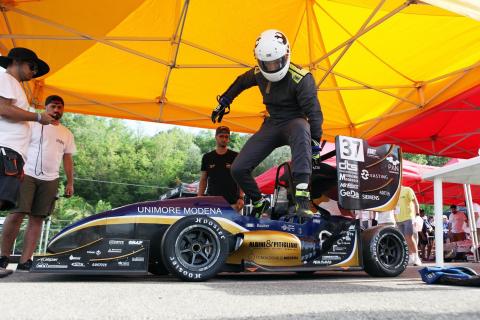Degree class LM-32 - Master degrees in Computer Engineering
automatically translated page
The Master degree course in Artificial Intelligence Engineering is a new master's degree course in English aimed specifically at three-year graduates from computer and information technology engineering degree programmes.
It is divided into two routes: Applications and Large Scale.
- The Applications pathway provides training in the emerging technologies of artificial intelligence and cognitive systems, machine/deep learning and computer vision, and is geared towards the design of intelligent, robotic, sensor systems in IoT and bioinformatics for future professions in industry and innovative companies.
- The Large Scale pathway provides training in the emerging technologies of artificial intelligence and cognitive systems, machine/deep learning and computer vision, and is oriented towards the study and design of multimedia systems, distributed intelligent systems and large-scale AI algorithms.
The Master's graduate in Artificial Intelligence Engineering will exhibit expertise in the latest technologies related to intelligent computer systems and Artificial Intelligence models. Professional fields are innovation and development, production and advanced design, planning and programming, and management of complex systems, both in the liberal professions and in service or manufacturing companies, as well as in public administrations.

The members of the Study Course Councils (CdS) are defined annually on the basis of the prevailing teaching loads.
Each Council is assisted in the planning and/or revision of the educational offering by a Steering Committee, which meets at least once a year.
The Master Degree Course in Artificial Intelligence Engineering is an open access course. However, it is necessary to meet certain curricular requirements indicated in the call for admission, to have graduated with a grade of 85/110 or higher (or a grade higher than three quarters of the maximum envisaged, if the qualification was obtained abroad) and to hold a B2 level language certificate of the Common European Framework of Reference for Languages.
Please check carefully the deadlines set out in the Admission Notice.
The Master Degree Course in Artificial Intelligence Engineering has established the obligation for all students to compile a study plan.
Submission of the study plan must take place during the second year of the course, approximately from 15 November to 30 January (dates to be confirmed each year). It does not have to be completed in the first year.
Compilation must normally be done via the Web on Esse3, under the heading "Career Plan", and only in special cases on paper using the special form available from the Engineering Student Secretariat (Via Campi 213/b).
Please note that a student who has not completed his or her study plan within the prescribed period will be assigned a compulsory standard study plan that will become his or her actual plan.
CURRICULUM CHARACTERISTICS - ACTIVE COHORTS*
The Study Plan for the Master's Degree Course in Artificial Intelligence Engineering is structured as follows:
- 63 CFU for characterising educational activities (TAF B); for all curricula 'Data Engineering and Analytics', 'Cyber Systems' there are 45 compulsory CFU and 18 CFU (2 examinations) as a compulsory choice from the proposed courses.
- 12 CFU for related and complementary training activities (TAF C), to be chosen from among the 6 CFU courses in the related SSDs activated for the cohort in question.
- 18 CFU for activities of the student's free choice (TAF D). These can be filled with two characterising activities (recommended choice), with three related activities, with one characterising and two related activities (in this way you have 3 extra credits), or with other combinations taken from the offerings of other degree courses.
- 21 CFU for the final examination and 6 CFU to be acquired through an Internship or Project Activity (TAF F); considering the 21 CFU of the final examination and the 6 CFU of the Internship/Project Activity, this results in a total of 27 CFU, which entails a minimum 6-month commitment for the thesis, corresponding to no less than 720 hours.
A supervisor (lecturer or researcher) is appointed for each student to follow the preparation for the Final Examination and report on it to the Master's Degree Committee.
Students, after having passed all the compulsory examinations of the first year or having acquired at least 75 cfu, apply to the CCdS for approval of the assignment of the thesis topic and the name of the supervisor. The Master's Degree Committee is appointed by the Department Director on the proposal of the President of the CCdS and is composed according to the following criteria:
- a. The commission is composed of five members chosen from among the first and second-rank professors and researchers usually belonging to the CoS. At least one member of the commission must be a full professor. The Commission may also include professors from Departments other than those of the course in which the candidates are enrolled, professors on contract at the Department in the academic year in question and researchers up to a maximum of two members;
- b. the functions of the President of the Commission are performed, where present, by the President of the Board of Studies, alternatively by the most senior first-rank professor in the role.
The Commission assesses the final examination and, in the event of a pass, awards a full mark from 0 to 7 hundredths for the
final examination, taking into account the quality of the work carried out and the expository capacity demonstrated.
The Degree Committee also verifies the coherence between the CFU assigned and the thesis writing commitment; any criticalities will be reported by the Committee to the CoS President, who will keep track of them in order to take corrective action where necessary; the lecturers are also required to monitor the preparation of the thesis and ensure coherence between the thesis commitment and the CFU assigned.
Tutoring, in compliance with the provisions of Article 13 of Law 341/90, is a service designed to assist students enrolled at university throughout their studies, removing obstacles to successful course attendance and encouraging active participation in university life.
The tutor is a point of reference to whom one can turn for advice, for help in getting into one's studies and for all forms of assistance aimed at making university studies more effective and productive.
The tutor teacher in particular can provide methodological and didactic support, aimed at overcoming learning difficulties (e.g. preparing for an exam, relating the contents of the various disciplines, clarifying doubts on study subjects) or can contact students in difficulty directly to propose support actions arranged by the University.
No compulsory propaedeuticity.
You can find the Degree Course documents about the Quality Assurance at the link below.




